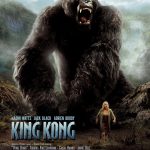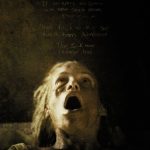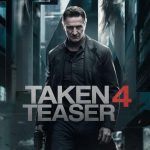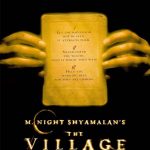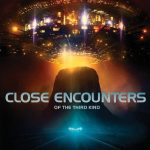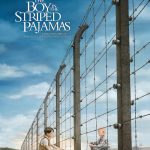The Magnificent Seven (2016)
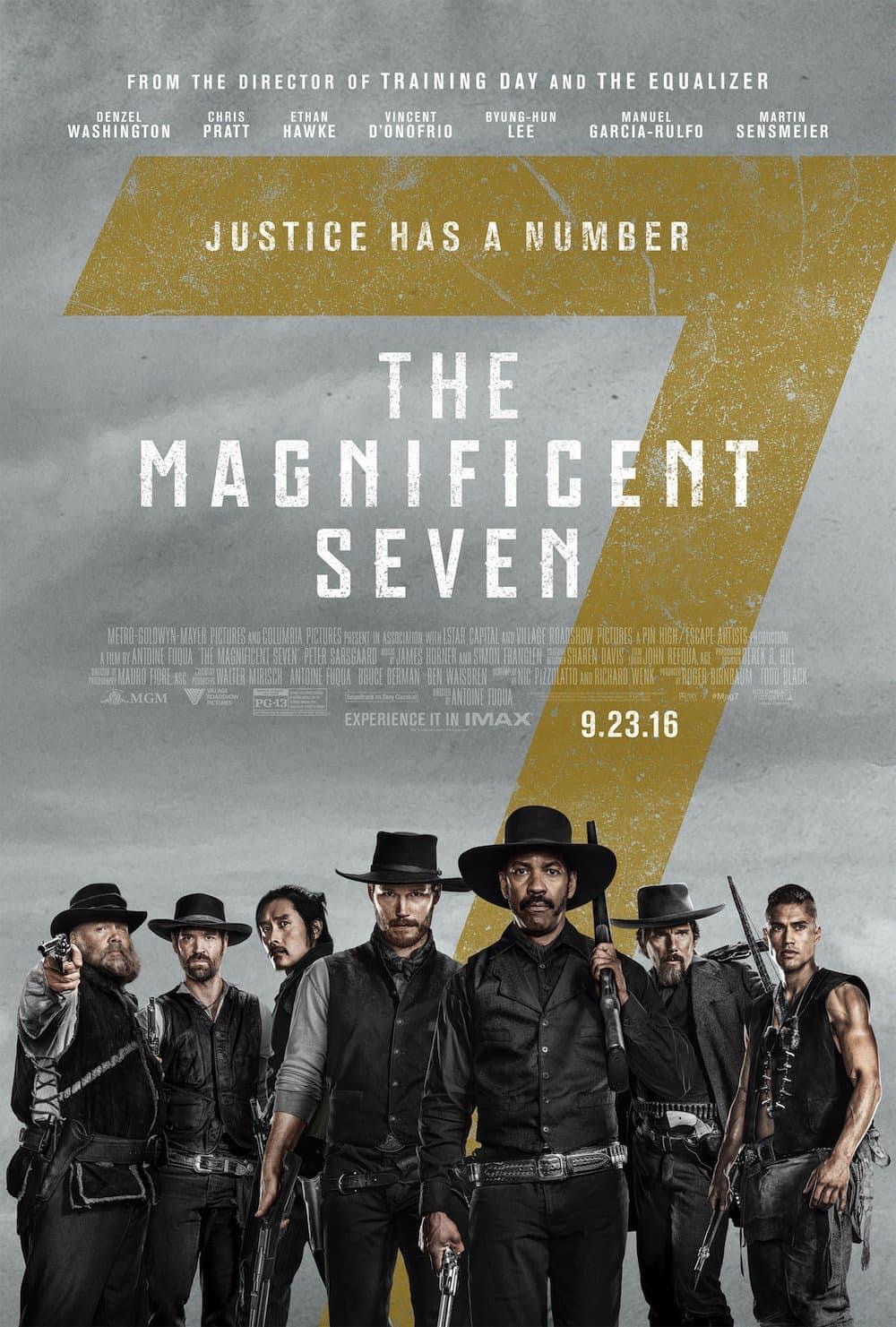
The 2016 remake of The Magnificent Seven, directed by Antoine Fuqua, is a high-octane, modernized Western that reimagines the 1960 classic for contemporary audiences. With a star-studded ensemble cast led by Denzel Washington, Chris Pratt, and Ethan Hawke, the film retains the core essence of the original while updating certain elements for a new generation.
Plot Overview:
The basic premise follows a group of seven outlaws, gunslingers, and mercenaries who are recruited by a desperate town to protect them from a ruthless industrialist, Bartholomew Bogue (played menacingly by Peter Sarsgaard). The plot is simple, as expected in a Western, focusing on themes of justice, survival, and redemption. The film is more concerned with showcasing action-packed sequences and dynamic character interactions than intricate storytelling.
Performances:
The ensemble cast is the film’s strongest asset. Denzel Washington as the stoic leader, Sam Chisolm, brings gravitas and moral authority to the role, grounding the film with his powerful screen presence. Chris Pratt plays the charismatic gambler, Josh Faraday, infusing the film with humor and charm, though his performance sometimes feels more tailored for a modern action-comedy than a traditional Western. Ethan Hawke stands out as Goodnight Robicheaux, a former Confederate sharpshooter grappling with guilt and PTSD. His nuanced performance adds emotional depth to the otherwise action-heavy narrative.
Other notable performances include Vincent D’Onofrio as Jack Horne, a hulking mountain man with a softer side, and Lee Byung-hun as the silent but deadly knife expert Billy Rocks. The diversity of the cast, which also includes Manuel Garcia-Rulfo and Martin Sensmeier, adds a contemporary twist to the otherwise traditional Western setting, acknowledging a broader representation of the American frontier.
Direction and Cinematography:
Antoine Fuqua brings his action-directing expertise to full display. The film is visually striking, with sweeping landscapes and tense shootouts that are choreographed with intensity and style. While Fuqua’s approach updates the genre with fast-paced, explosive action, it occasionally sacrifices the slower, tension-building atmosphere of classic Westerns for more crowd-pleasing spectacle. The final battle sequence, which is lengthy and filled with bullets, explosions, and heroics, is both thrilling and overwhelming.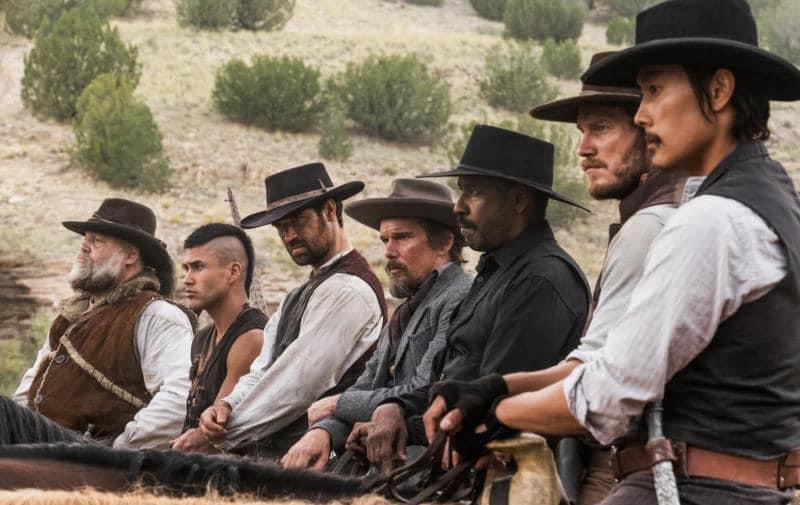
Score:
James Horner’s score, completed posthumously after his death, provides a fitting accompaniment to the film. While it doesn’t reach the iconic status of Elmer Bernstein’s original score, it still delivers the emotional and heroic cues needed to elevate the film’s key moments.
Criticism:
One of the main criticisms of The Magnificent Seven (2016) is its reliance on modern action tropes, which can feel out of place in the Western genre. While the action is entertaining, the film sometimes feels more like a blockbuster than a Western, losing the slower-paced, introspective tone typical of the genre. Additionally, Peter Sarsgaard’s villain, though suitably evil, lacks complexity and feels underdeveloped compared to the charismatic heroes.
The film also doesn’t delve deeply into the moral ambiguity or existential themes that defined many classic Westerns. Instead, it leans more into straightforward action, leaving some viewers craving more emotional depth and character development.
Conclusion:
Overall, The Magnificent Seven (2016) is a fun, action-packed Western that entertains but doesn’t quite reach the heights of the classic films it draws from. With a talented ensemble cast and thrilling set pieces, it delivers a satisfying cinematic experience for fans of the genre or those looking for a modern action film. However, purists of the Western genre may find it lacking in the subtlety and thematic complexity that characterized earlier iterations of The Magnificent Seven and Seven Samurai.

